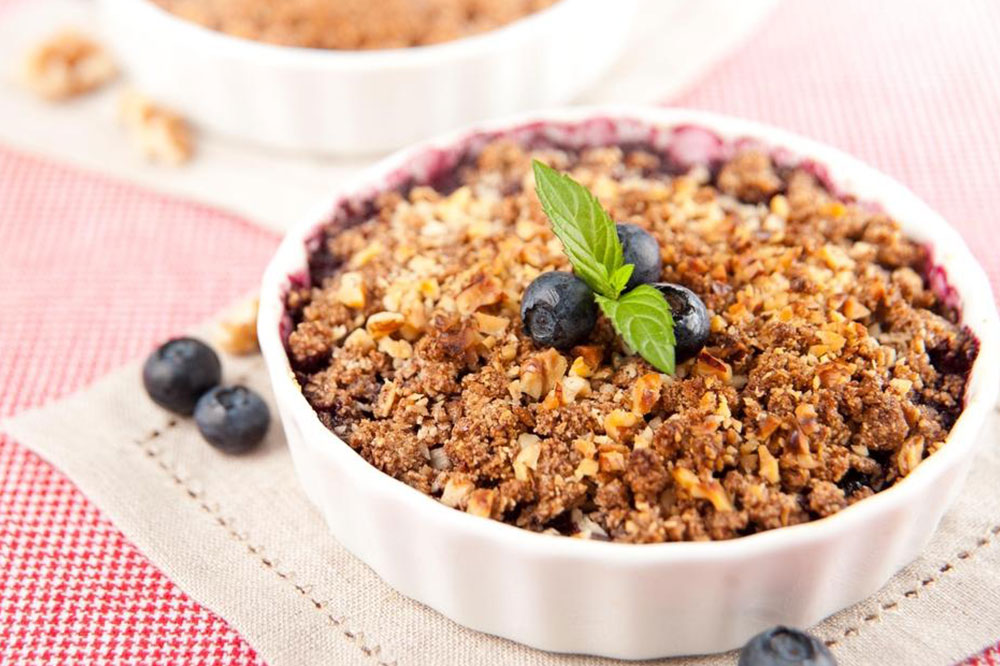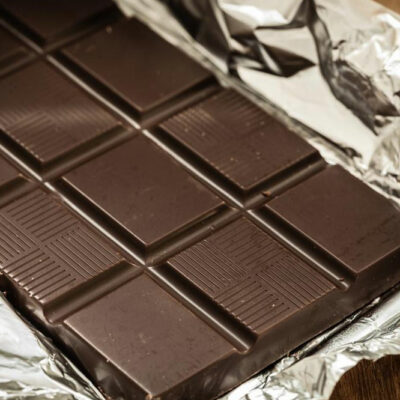
5 Common Foods to Avoid With IBS
People with irritable bowel syndrome (IBS) have frequent abdominal problems like diarrhea, bloating, and cramps. One’s diet plays an important role while experiencing such discomforts. Eating foods like oats and kiwis may improve IBS symptoms. But, certain foods can do just the opposite. Few dairy products, raw vegetables and sweeteners can trigger IBS symptoms and worsen the condition. So, it’s essential that people who suffer from IBS avoid the following common food triggers.
High-fiber fruits
High fiber fruits can be troublesome for IBS patients. Anything that is not easily digested can worsen symptoms. Avoid apples, apricots and mangoes as they are common IBS food triggers. Add cherries, peaches, plums, bananas, and pears to this list too. Avoid having juices of these fruits too. Since the body needs nutrition, intake of other fruits is important. Try including fruits like grapes, kiwis, ripe bananas, and strawberries in your diet as these help with symptoms. Make sure these are eaten fresh.
Dairy products
Dairy products can trigger IBS symptoms instantly. High-fat dairy can cause diarrhea. Most people who have IBS, however, are unsure if milk is a trigger. This is because food triggers differ from person to person. IBS symptoms depend totally on the individual’s condition. If you’re unsure, try avoiding milk, cheese, and high-fat yogurt for a few days. Monitor symptoms to see if they have improved. If it’s a green light, then you can avoid dairy. Substitute it with other calcium-rich foods like sardines, seeds, and nuts.
Foods with gluten
Gluten is commonly found in wheat, rye, and barley. Patients with IBS often report that gluten is a common trigger. Few people may also have gluten intolerance or celiac disease, which is a severe immune reaction to gluten. Those who have IBS should avoid these grains. Also, ensure that foods like pizzas, spaghetti, cakes, and breads are avoided. There are healthier substitutes to gluten-rich grains like quinoa and buckwheat that may help with IBS symptoms.
Sweeteners
Avoid common sweeteners like high fructose corn syrup, sweetened maple syrup, and honey. These can worsen IBS symptoms as they are difficult to digest. Even artificial sweeteners should be avoided. These include maltitol, sorbitol and xylitol. These are known as sugar alcohol and can be found in many processed foods. Always check the ingredients label on products before consuming them.
Beans and legumes
People often feel uneasy after eating high amounts of beans and legumes. This is because they have compounds known as oligosaccharides that are not easily digested. They resist the body’s intestinal enzymes. So, you can only imagine the case with those with IBS. Beans and legumes are common food triggers as they can worsen IBS symptoms of gas and bloating. These may also lead to abdominal cramps. So, avoid beans and legumes to reduce the risk of an IBS food trigger.


